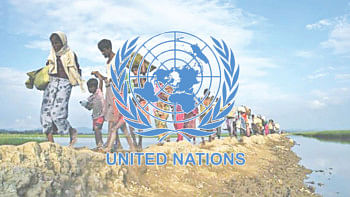For an affordable and reliable power sector
Electricity is crucial for economic growth, sustainable infrastructure development as well as security and poverty reduction of any country. Our future economic growth depends to a large extent on the uninterrupted supply of electricity. According to an estimate, two-thirds of our population is connected to the electricity grid. This suggests an untapped potential market of up to 60 million people connecting to the national grid in the coming years. The fuel mix of Bangladesh's power plants is heavily based on natural gas.
Against this backdrop, the government plans to reduce dependence on natural gas and move towards coal with plans to generate 50 percent of total electricity using coal-based power plants by 2030. Other solutions include importing electricity from the neighboring countries, importing liquefied natural gas (LNG), and expanding the use of renewable resources, including solar and wind. The Power Division claims to have had major success in the power sector, yet power supply is neither affordable nor reliable today. We must find a way to address this situation.
Foysal Alam
Department of Business Administration
East West University, Dhaka

 For all latest news, follow The Daily Star's Google News channel.
For all latest news, follow The Daily Star's Google News channel. 



Comments